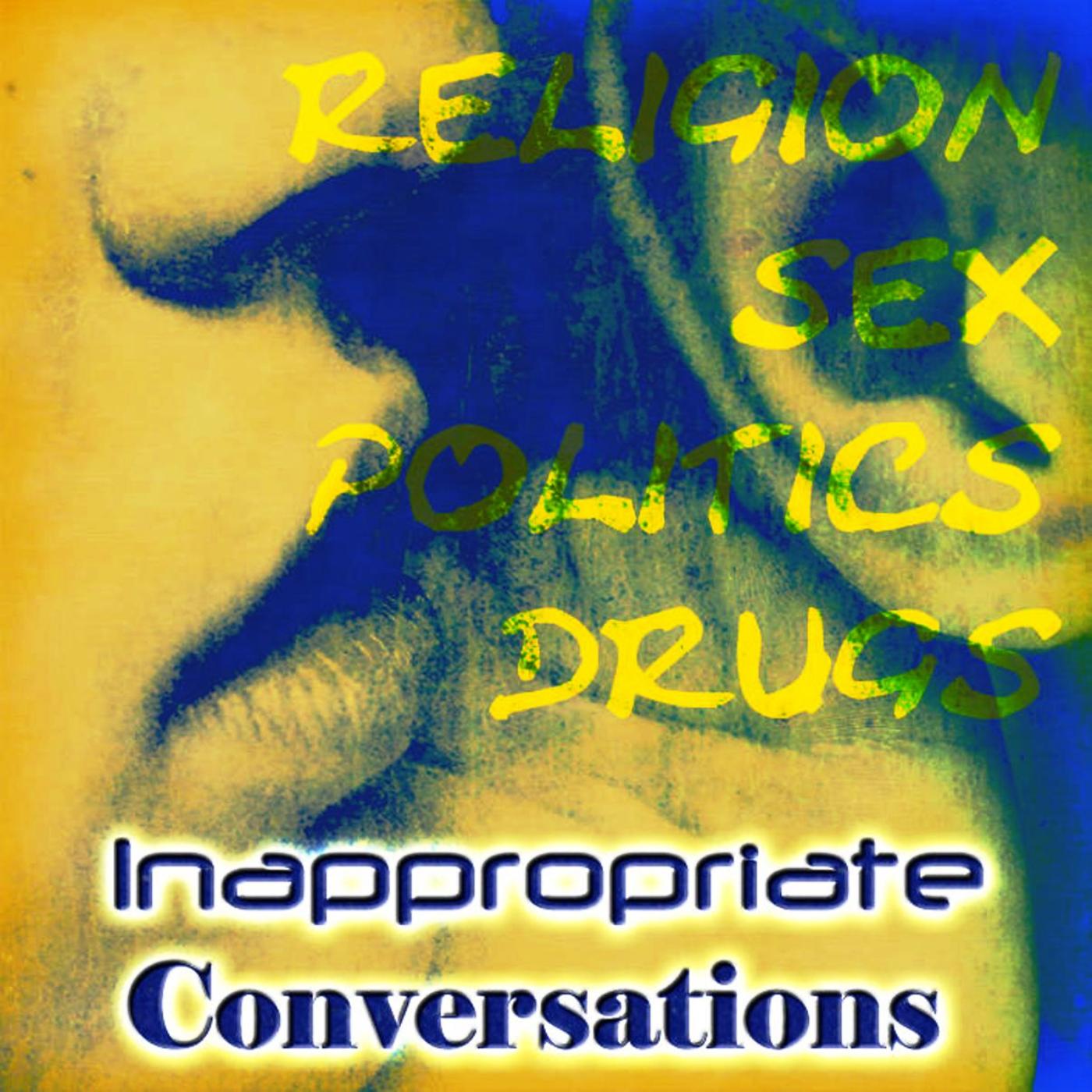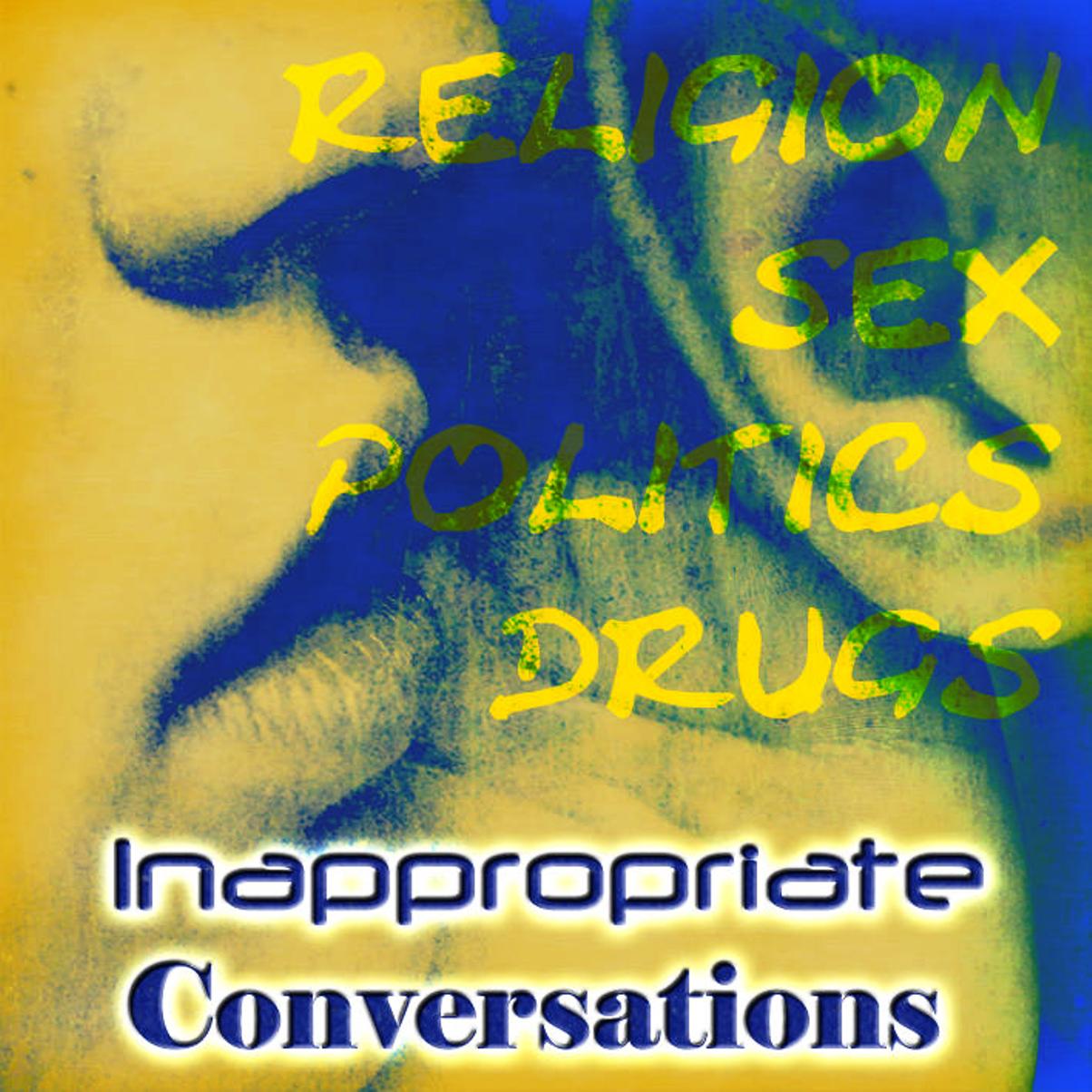Episodes

Monday May 27, 2013
121: The Power of a Moment
Monday May 27, 2013
Monday May 27, 2013
A great deal of what I want from fiction connects with The Sound And The Fury by William Faulkner, particularly the Quentin chapter ("June 2, 1910"). Despite the depressing narrative, I find hope in the connections between characters, including both flawed characters and flawed connections. There are moments in life that we always revisit, whether intentionally or not. I've had friends I haven't seen in years and may never see again, but on occasion it feels like I'm encountering them again through a new acquaintance. "Another Sean" is the expression I've used here, and I wonder if I've mentioned Sean before on the show. I doubt it. Such is the power of a chance encounter aligning itself with the subconscious. To answer Quentin's question: I have had many sisters, more than I could name if put on the spot, and just a couple of them share the same parents as me. Different Drummer: William Faulkner

Tuesday May 14, 2013
120: Making Contact
Tuesday May 14, 2013
Tuesday May 14, 2013
I recall hearing in a Sociology course about a form of existentialism so dark that some people never accept they were alive until the moment of death itself. For most of us, even the slightest touch confirms what I'll jokingly call "our suspicion" that we actually exist. A handshake, pat on the back, or a hug can provide powerful validation. It's a mistake to take such an obvious thing for granted. Different Drummer: Leo Buscaglia

Monday Apr 22, 2013
119: Taxes Are Not Tuition
Monday Apr 22, 2013
Monday Apr 22, 2013
All of us benefit when children grow up with a strong baseline education, and all of us suffer when schools fail. Some form of "public education" is essential in this Information Age. It isn't optional; meaning, it isn't acceptable for any part of our society to opt-out. The most common abdication of responsibility in this area over the past couple of decades is the voucher proposal, which would allow some parents to take tax money away from public schools and use it as "tuition" for private school admission. One major problem with this idea should be obvious: taxes are not tuition. Different Drummer: Derrick Thomas

Sunday Apr 07, 2013
118: Where Would I Be Without God?
Sunday Apr 07, 2013
Sunday Apr 07, 2013
Personally, the better answer to a question like "where would I be without God" calls up a lot of powerful memories. I know the Holy Spirit has moved in my life through specific people and situations, which I can recall as vividly as if the intervening decades disappeared. I can name the names, in fact, and I do a couple of times. They are people who loved me in a way that supersedes human understanding, empowering me to do God's will. I have loved. I do love. I will love. Different Drummer: Chris Rice

Friday Apr 05, 2013
117: Originating Ideas
Friday Apr 05, 2013
Friday Apr 05, 2013
A few years ago, a question was posed to me online: where would you be without God? There are two answers, actually. One is personal, which I'll cover next week. The other is philosophical, a combination of ontological and cosmological arguments going back a thousand years. "God's existence is necessary for my existence" is, in some ways, a faith-based equivalent for "I think; therefore, I am." A very old and original Christian answer to this question is that without God, there would be no "me" to ask the question, much less attempt an answer. Different Drummer: Anselm of Aosta

Wednesday Mar 20, 2013
116: I Am Not My Lawn
Wednesday Mar 20, 2013
Wednesday Mar 20, 2013
Idolatry can be described as making something other than God sacred, or treating things as objects of worship. It can be that direct, in the sense of idols, but it also can be as abstract as the notion of the "image" of ourselves that we show the world. Too often, these things interfere with our spirituality, even when they are deeply embedded within our rituals or temples. Different Drummer: Victoria Williams

Thursday Mar 07, 2013
115: Papa Talked To Me
Thursday Mar 07, 2013
Thursday Mar 07, 2013
It is almost a cliché to speak about strained communications between mothers and daughters or fathers and sons, but that doesn't make it any less true. The moments where my family has overcome those obstacles have had much to do with humor. Less successful situations tend to be hampered by either parent or child remaining silent, unable to find the right words. Long ago, a classic Swedish film taught me that sometimes talk, any talk, speaks volumes in these relationships whether the words are trite or profound. Different Drummer: Harriet Andersson Andersson in "Through A Glass Darkly" Conclusion of "Through A Glass Darkly"

